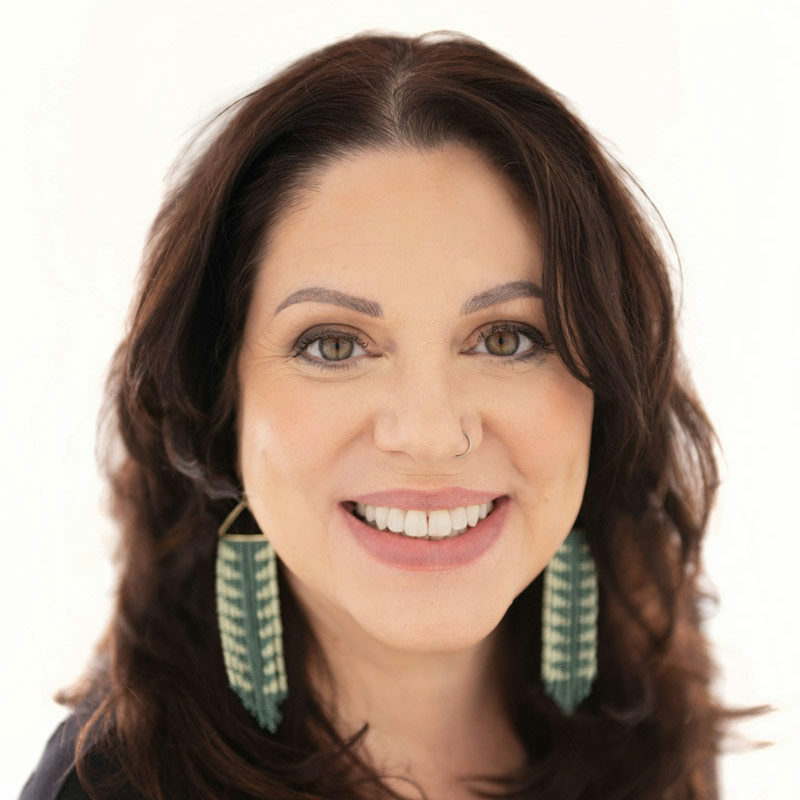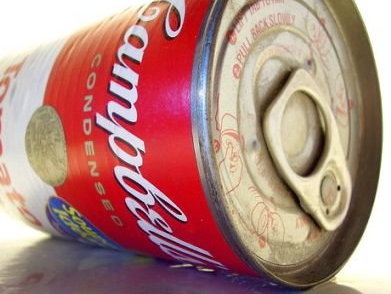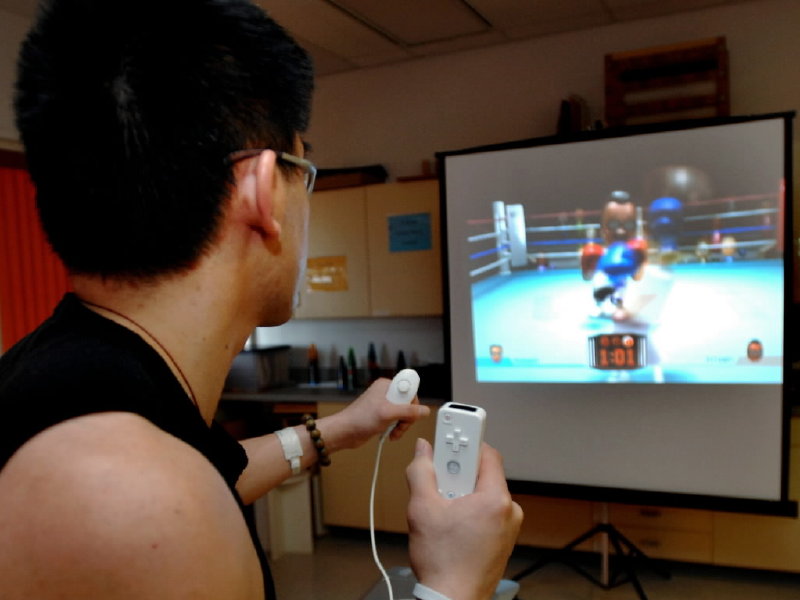Whether or not to circumcise a baby boy is a controversial topic among American parents. For decades, it was practically a given that male children went under the knife a few days after birth, and many of us didn't see our first in-tact foreskin until traveling in Central America or Europe.
"My grandfather got circumcised, my dad got circumcised and I got circumcised. I guess you could call it a family tradition," says Nate Goodman, who decided, along with his wife Jenny, to circumcise their son Mitchell who is now 4 years old.
These days, however, many parents opt not to circumcise baby boys. According to the National Health and Social Life Survey, only 55 percent of all U.S.-born males were circumcised in 2003. However, certain regions in the U.S. circumcise more than others. In the Midwest, some studies show that 80 percent of boys are still getting circumcised, while on the West Coast, it's as few as one in four.
"Why cause him so much pain for something that's done just for aesthetic purposes?" asks Emily Smith, the mother of three uncircumcised boys.
Unlike Europeans and Latinos, Jews and Muslims routinely practice circumcision, but many parents who don't have racial or religious reasons feel that it's an unnecessary procedure.
Today, most physicians agree that there are few -- if any -- medical reasons to circumcise, and that a lot of pro-circumcision beliefs originated when people didn't bathe regularly. (Even though it's possible that uncircumcised males are prone to penile infections, the overall occurrence is still very low.)
Hence the decision to circumcise is based on religious, cultural and aesthetic preferences. One of the most common reasons is because dads want their son's penis to look like their own. Another common argument is that uncut kids will get teased in the locker room.
In many parts of the country, locker room embarrassment is less likely because having the whole enchilada is more commonplace, but because circumcision stats are still high in the Midwest, such an argument might hold water in Milwaukee.
"It's tough enough being a kid, why add another thing that could make life even tougher?" asks Goodman.
Smith says her sons, two of whom are old enough to change in locker rooms, haven't experienced any teasing. "If anything, I have noticed people MY age glancing at them, but not in a disapproving way. I think a lot of American women are just curious what one looks like," she says.
For whatever it's worth, neither of my sons is circumcised. Our oldest, born in Guatemala, came to us uncircumcised at 9 months old, so we the decision was more or less made for us. However, we opted not to circumcise our biological son to spare him from the pain, but mostly, so it was something he and his brother had in common, rather another thing that was different.
Am I concerned that they'll get teased in the locker room? Sure, I've thought about it, but I hope to arm my boys with information and swift comebacks. For instance, if anyone tries to give 'em crap about not being circumcised, I fully intend to teach them to say something like, "Why are you checking out my package, anyway?" or "Every Superman needs a cape."
Molly Snyder started writing and publishing her work at the age 10, when her community newspaper printed her poem, "The Unicorn.” Since then, she's expanded beyond the subject of mythical creatures and written in many different mediums but, nearest and dearest to her heart, thousands of articles for OnMilwaukee.
Molly is a regular contributor to FOX6 News and numerous radio stations as well as the co-host of "Dandelions: A Podcast For Women.” She's received five Milwaukee Press Club Awards, served as the Pfister Narrator and is the Wisconsin State Fair’s Celebrity Cream Puff Eating Champion of 2019.







